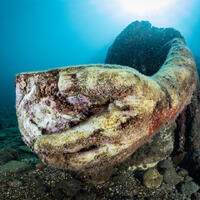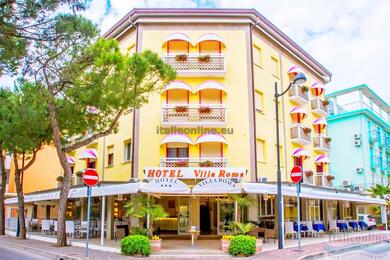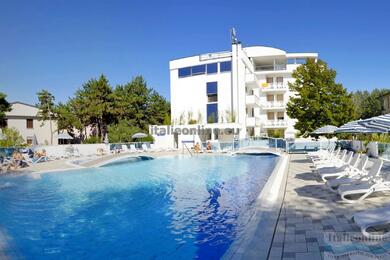Located about 30 kilometres east of Rome, Tivoli is known for its rich history that dates back to ancient times.
One of the most important historical sites in Tivoli is the Villa d'Este.a magnificent Renaissance villa (pictured in the opening image) which is a UNESCO World Heritage Site. This villa is famous for its breathtaking gardens and fountains, which are a true work of art. It was created by Cardinal Ippolito d'Este in the 16th century. its water features, fountains and waterfalls form a harmonious and refreshing complex that captivates visitors with its beauty and innovative technology.
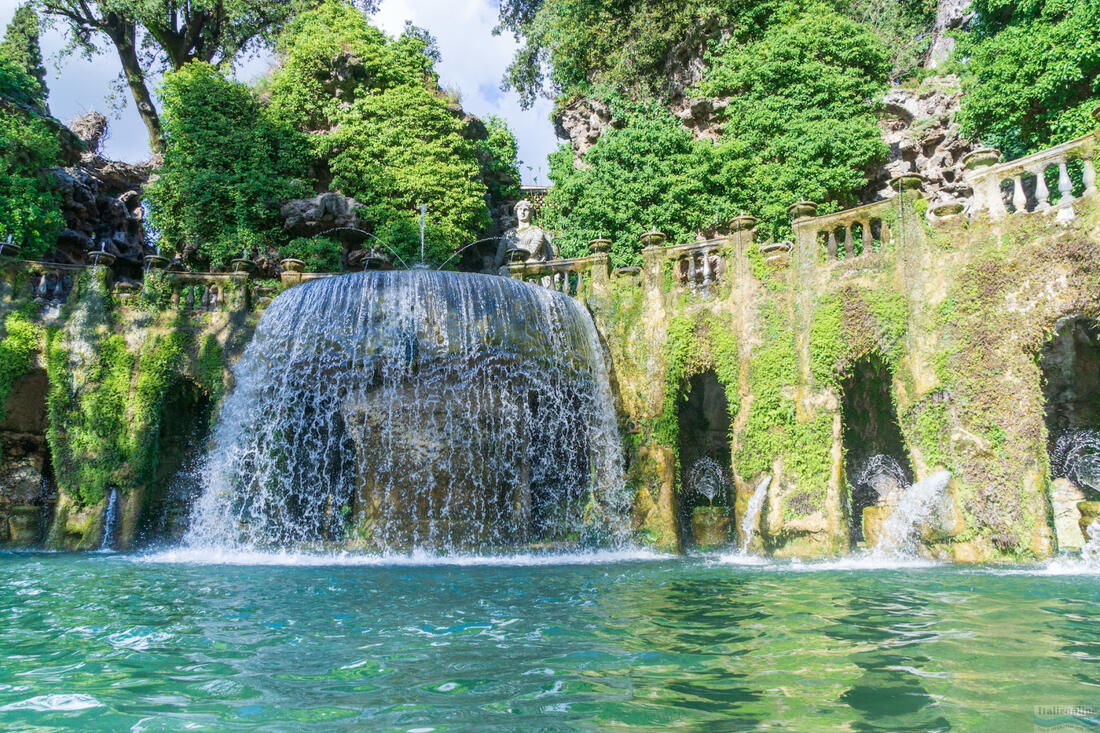
Another gem of Tivoli is the Villa Adriana (Hadrian's Villa), which was built by the Emperor Hadrian in the 2nd century. This large (covering about 120 hectares) and imposing ruin is a magnificent example of Roman architectural art and, like Villa d'Este, is a UNESCO World Heritage Site. Hadrian's Villa was a huge complex that included swimming pools, temple buildings and a loveand offers visitors a unique insight into the luxurious life of a Roman emperor.the decorations are mostly replicas of famous Greek or Egyptian works. In total, there are about 500 statues, fountains, water fountains, fine mosaics or frescoes.
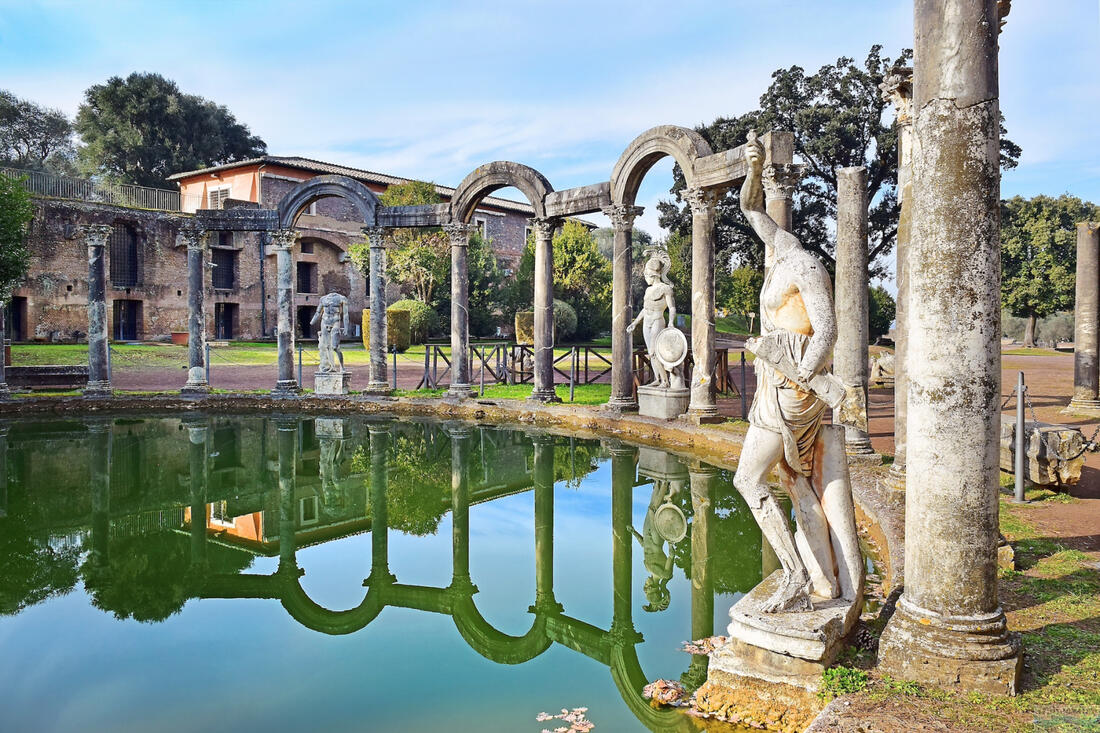
However, Tivoli is not only a place of historical monuments. It also offers magnificent natural scenery. The city lies at the foot of the Apennines and is surrounded by beautiful landscapes that invite you to take walks and hikes. One such place is Villa Gregoriana, located in a valley near the town. This park is famous for its waterfalls, caves and historical ruins, which create a magical atmosphere for all nature lovers.
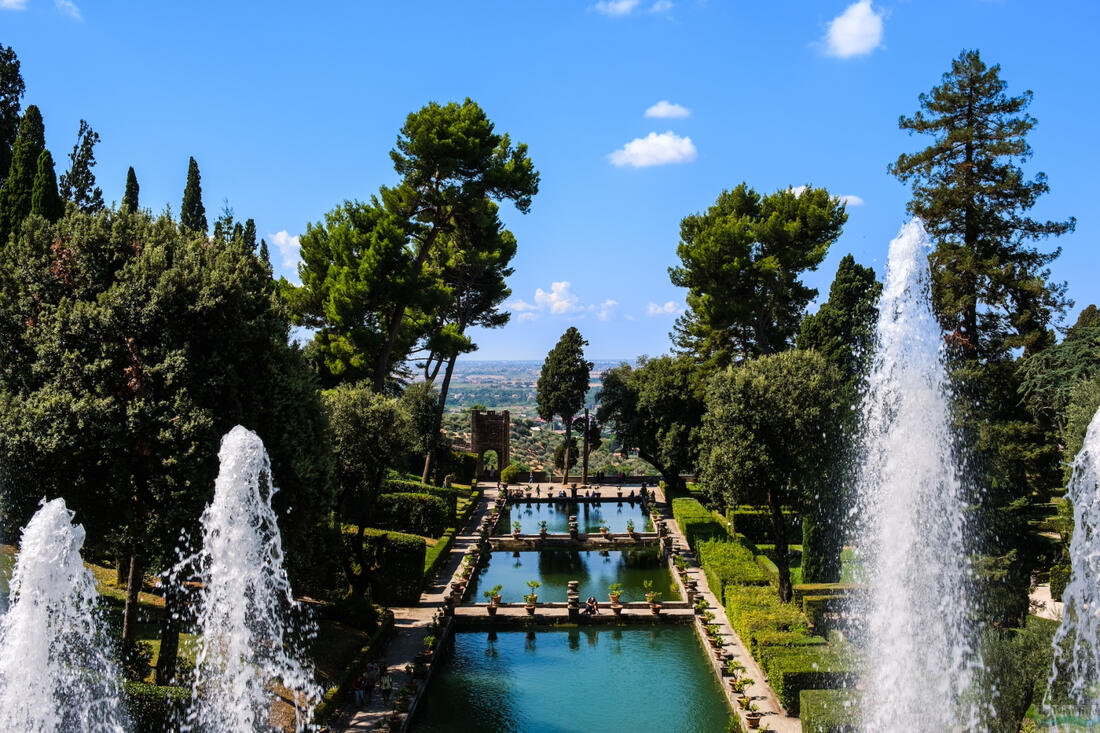
Tivoli is also known for its excellent gastronomy. The local restaurants and trattorias offer a wide range of traditional Italian dishes, from homemade pasta and fresh seafood to the excellent wines of the Lazio region. The streets of the town are full of small cafés and bakeries where you can enjoy local specialities and relax in a pleasant atmosphere.
Although Tivoli is not a large city, its vibrant atmosphere and the hospitality of its inhabitants give you the feeling that you are in the heart of Italian culture. The city prides itself on its vibrant community, cultural events and traditional markets that give visitors a glimpse into the daily lives of its inhabitants.
Did you know?
Beneath the surface of Tivoli lies a network of underground tunnels and catacombs that have been used since ancient times. These underground spaces served a variety of purposes, from storage to escape routes during wars.


